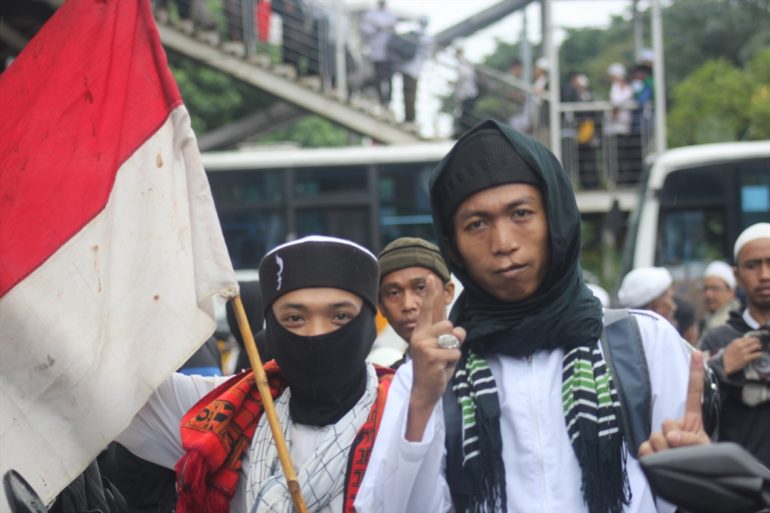
The UN Human Rights Council last week passed a new resolution, demanding the abolition of the death penalty for apostasy and blasphemy.
The resolution called on UN member states that still have the death penalty to, among other things, “ensure that it is not imposed as a sanction for specific forms of conduct such as apostasy, blasphemy, adultery and consensual same-sex relations”.
It was passed by 27 votes to 13, with seven nations abstaining. The US was among the states that voted against the resolution.
Indonesia was one of the seven nations who abstained. In recent months, Indonesia has been challenged to accept 225 recommendations from the United Nations Universal Periodic Review, which included a call to abolish the death penalty.
But Indonesia said that 58 of the recommendations, including ones on abolishing the death penalty, addressing past human rights violations and ending prosecutions under blasphemy laws, “were noted” but considered “not in line with the priorities in Indonesia’s human rights agenda”, as reported the Jakarta Globe.
Although blasphemy is not punishable by death in Indonesia, it can lead to a prison sentence, as shown in the case of Jakarta’s former governor – a Christian named Basuki Tjahaja Purnama but better known as “Ahok” – who was sentenced to two years in prison in April.
Religious minorities in the country are fearful that Indonesia’s reputation as a “tolerant” Muslim-majority nation is being undermined by radical Islam’s growing influence on politics in society, as reported Christian Solidarity Worldwide in August.
Blasphemy around the world
According to the US Commission on International Religious Freedom (USCIRF), over a third of the world’s countries have blasphemy laws that violate at least one internationally recognised human-rights principle.
In its July report, USCIRF noted that of the 71 countries with blasphemy laws, 86% prescribe imprisonment for convicted offenders, while some, like Pakistan and Iran, even prescribe the death penalty.
On 14 September, a 24-year-old Pakistani Christian man was sentenced to death for a “blasphemous” WhatsApp message, while in July a 16-year-old was charged with blasphemy for talking about his belief in Jesus.
The Pakistani Christian woman Asia Bibi has so far spent more than eight years on death row, having been convicted of blasphemy in 2010, while Sudanese woman Mariam Ibrahim was released three years ago after narrowly escaping being hanged for apostasy.
Iran is another country where blasphemy can carry a prison sentence. Amin Afshar-Naderi, an Iranian convert to Christianity, was jailed for 15 years in July, five of which were for “insulting the sacred”.